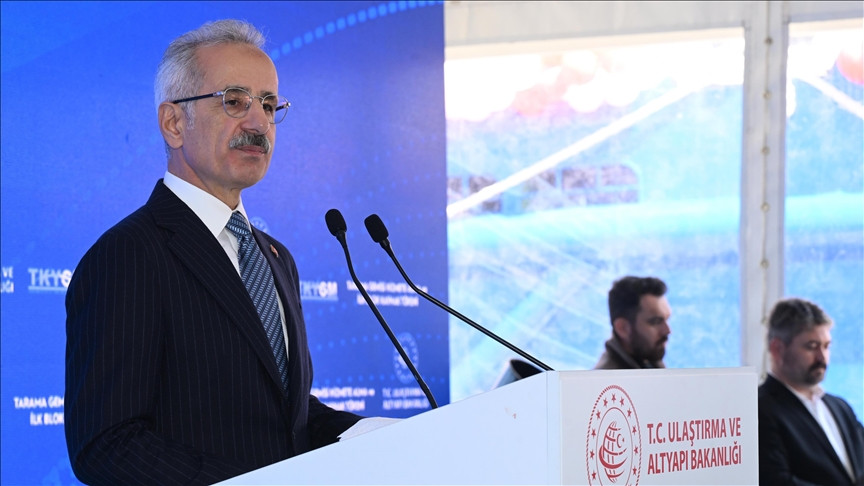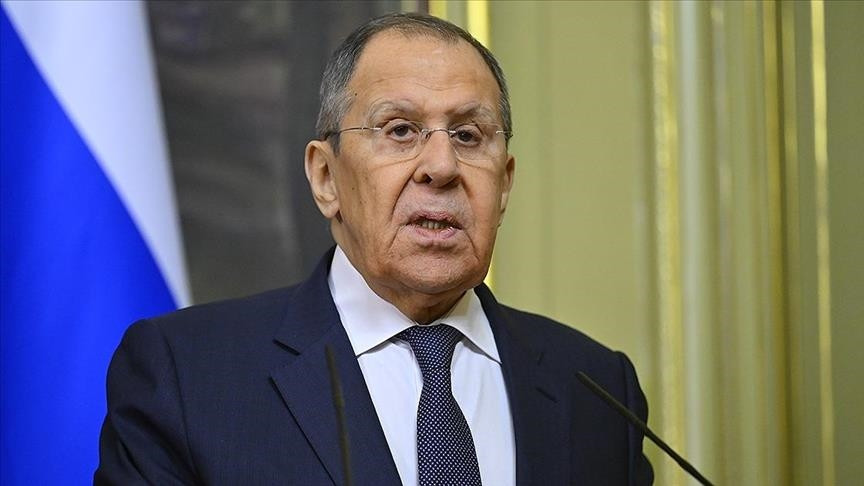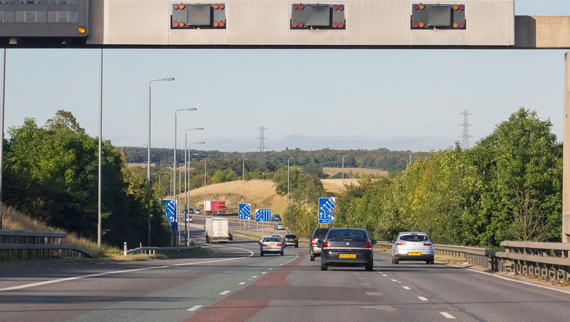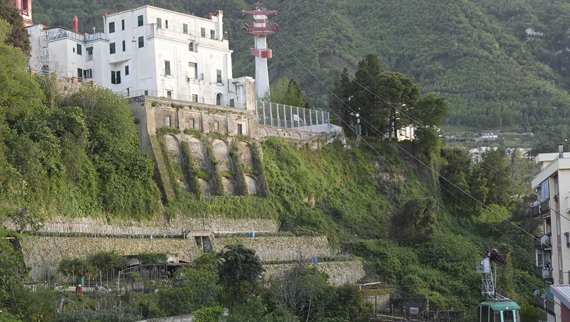Türkiye aims to finalize Development Road Project with Iraq soon: Minister
Türkiye aims to finalize Development Road Project with Iraq soon: Minister
Transportation project expected to boost regional integration and trade
Transportation project expected to boost regional integration and trade
Türkiye plans to finalize an agreement with Iraq “very soon” on the Development Road Project, a strategic infrastructure initiative aimed at strengthening regional connectivity, the country’s transportation minister said Thursday.
Speaking at the Organization for Economic Cooperation and Development (OECD) Emerging Markets Forum in Istanbul, Transport and Infrastructure Minister Abdulkadir Uraloglu emphasized that transit routes and transport corridors are essential to global economic development. He said that every penny spent on transportation infrastructure will contribute to reducing trade costs, increasing economic growth, promoting regional integration and achieving sustainable development goals.
Uraloglu described Türkiye as a natural bridge in the east-west corridor linking Asia and Europe, and a central player in the north-south corridors extending from the Caucasus to Africa. Underlining the country’s strategic geographic and economic position, he highlighted Türkiye’s pivotal role in both the Central Corridor and the Development Road Project.
"Our country acts as a kind of keystone in the healthy functioning of intercontinental transportation corridors. With other routes that will be connected to these main arteries, the transportation potential through Türkiye will increase many times over," he said.
Türkiye's Trade Minister Omer Bolat also addressed the OECD forum, noting that the global economy has experienced profound transformation and major shocks in recent years, which have led to global divergence and a slowdown in growth.
"The uneven growth of world trade and unequal competitive conditions have led to the emergence of protectionism and trade tensions between major economic blocs," Bolat said
"In addition, world trade and the economy have been affected for years by challenges such as supply chain disruptions, logistical barriers and geopolitical conflicts," he added.
Bolat pointed out that in addition to the turbulence caused by temporary shocks, two trends have changed the global economic structure.
Emphasizing the effects of climate change on developing countries, he said, “Especially in developing countries, extreme weather conditions have brought risks to food security and inflation, rural development and the overall functioning of the economy. In this framework, 'green transformation', which requires a structural change in production and consumption processes, has taken its place at the center of economic policies.”
Bolat also pointed out that digitalization has caused groundbreaking changes to how the global economy functions.
He underlined that digitalization creates great opportunities, especially for countries that lagged behind in the early stages of the industrial revolution.
Yorumunuz başarıyla alındı, inceleme ardından en kısa sürede yayına alınacaktır.


















